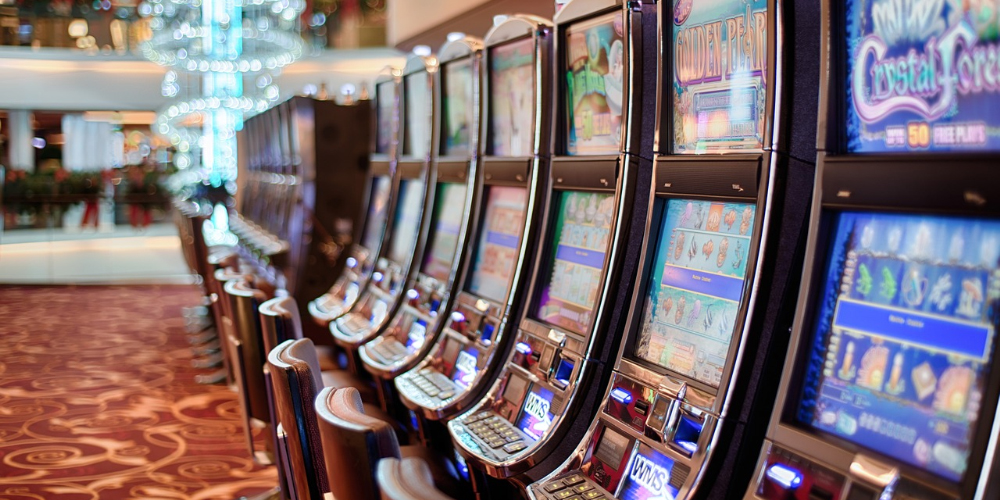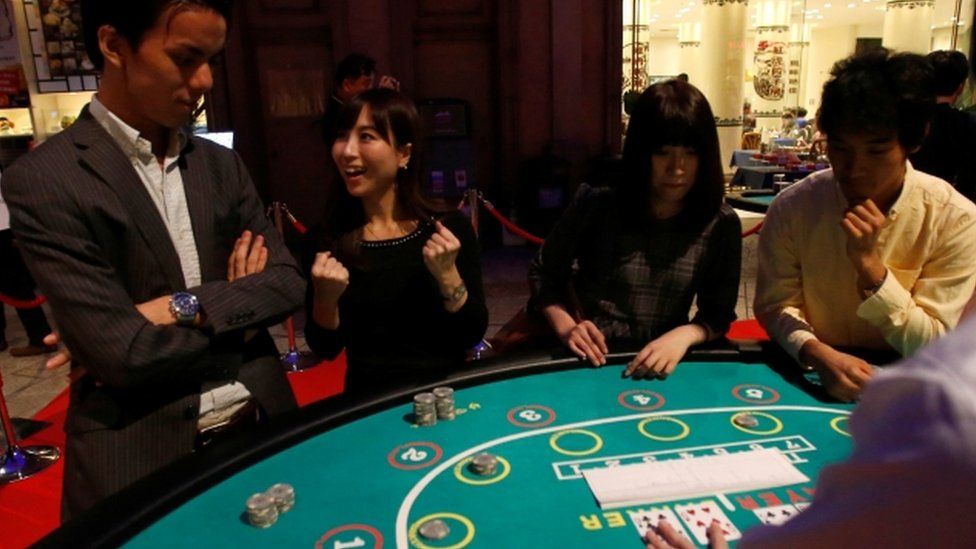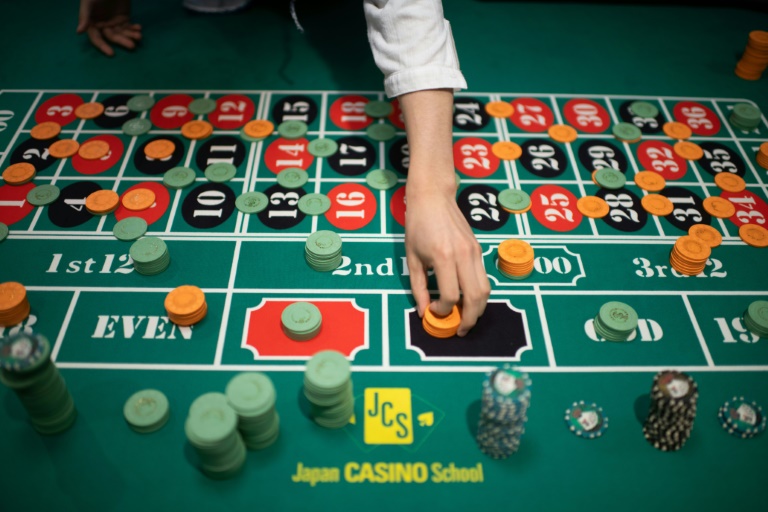How To Say Gambling In Japanese
Found: “Jayden”
Let's get our gambling freak on, say it back. This thread is archived. New comments cannot be posted and votes. The Language Level symbol shows a user's proficiency in the languages they're interested in. Setting your Language Level helps other users provide you with answers that aren't too complex or too simple. Japanese public has its say on how to regulate casinos. Casino operators that want to jump aboard this gravy train are increasingly trying to raise their profile in Japan. Japanese words for gambler include ギャンブラー, 博徒 and 博奕打ち. Find more Japanese words at wordhippo.com! Japanese words for gambling include ギャンブル, 賭博, 賭け, 博打, 賭事, 賭, 博打打ち, 博奕, 悪遊び and 丁半. Find more Japanese words at.
This is what the name “Jayden” looks like in Japanese:
It is pronounced “JEIDEN”. (Consonants are pronounced more or less the same way as in English. 'I' sounds like ee in meet, but shorter. 'E' sounds like e in met.)

How To Say Gaming In Japanese

You can search for another name if you like:
Notes
- This dictionary does not contain Japanese names. Japanese names are normally written using kanji characters, not katakana.
- The Japanese write foreign words phonetically, so it is not always possible to say how a name should be written in Japanese without further information. For example, the last two letters of Andrea can be pronounced like ier in the word barrier, or like ayer in the word layer. If you get results that don’t match the way you pronounce your name, you may be able to find an alternative spelling that does (e.g., Andria).
- Traditionally, some names have unusual pronunciations in Japanese. For example, the name Phoenix is often pronounced “fen-ix” instead of the more accurate “fee-nix”. In this dictionary I have opted for the spelling closest to the actual pronunciation.
- The use of an accented U to represent the sound of the letter “V” seems to be a recent innovation in Japanese writing. Earlier sources tend to use a B sound instead, so for example Kevin is often pronounced kebin rather than kevin. For the sake of consistency, I have used the more accurate notation throughout this dictionary.
- (Disclaimer) Unlike many of the other “name translators” on the web, this tool is a real dictionary containing about 3,700 names. Each one has been individually checked, and errors are extremely uncommon. However, since this is a free service, I can’t accept liability for any problems that might occur. If you’re planning on getting a Japanese tattoo, I would strongly recommend you at least study katakana first. There are plenty of resources available online.
Found: “Jayden”
This is what the name “Jayden” looks like in Japanese:
It is pronounced “JEIDEN”. (Consonants are pronounced more or less the same way as in English. 'I' sounds like ee in meet, but shorter. 'E' sounds like e in met.)
You can search for another name if you like:

Notes

How To Say Gambling In Japanese
- This dictionary does not contain Japanese names. Japanese names are normally written using kanji characters, not katakana.
- The Japanese write foreign words phonetically, so it is not always possible to say how a name should be written in Japanese without further information. For example, the last two letters of Andrea can be pronounced like ier in the word barrier, or like ayer in the word layer. If you get results that don’t match the way you pronounce your name, you may be able to find an alternative spelling that does (e.g., Andria).
- Traditionally, some names have unusual pronunciations in Japanese. For example, the name Phoenix is often pronounced “fen-ix” instead of the more accurate “fee-nix”. In this dictionary I have opted for the spelling closest to the actual pronunciation.
- The use of an accented U to represent the sound of the letter “V” seems to be a recent innovation in Japanese writing. Earlier sources tend to use a B sound instead, so for example Kevin is often pronounced kebin rather than kevin. For the sake of consistency, I have used the more accurate notation throughout this dictionary.
- (Disclaimer) Unlike many of the other “name translators” on the web, this tool is a real dictionary containing about 3,700 names. Each one has been individually checked, and errors are extremely uncommon. However, since this is a free service, I can’t accept liability for any problems that might occur. If you’re planning on getting a Japanese tattoo, I would strongly recommend you at least study katakana first. There are plenty of resources available online.